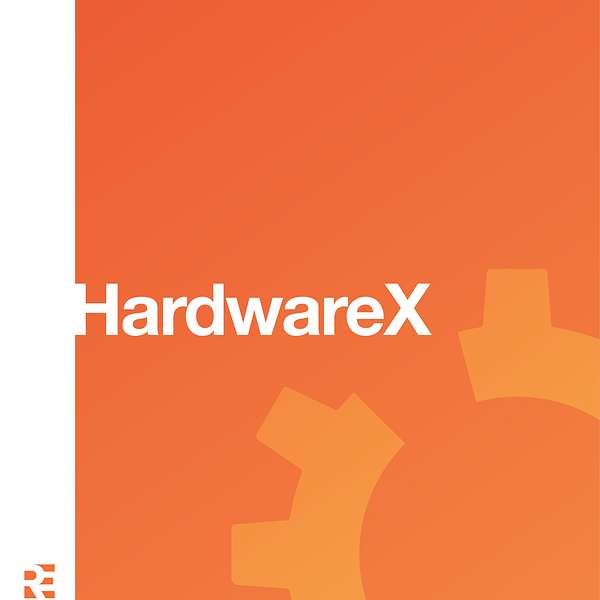
HardwareX Podcasts
HardwareX provides interviews and deep-dives with scientists and leading experts in open-source hardware. Produced for the journal HardwareX from Elsevier Publishing Company.
HardwareX Podcasts
A Co-benefits Approach: Preserving more than one species with open-source hardware
Did you know that our understanding of basic functions such as memory, learning and sleep is largely thanks to a giant sea slug?
For more than 50 years, Aplysia Californica, a type of slug also known as the California Sea Hare, has been important for understanding how the nervous system works and for investigating the cellular and molecular basis of behaviour. As an essential resource for neurological disease research across the globe, there are large incentives to preserve the species, including sampling and storing its genetic material.
This is easier said than done, as the Sea Hare's genetic material is both delicate and complicated to handle. Cryopreservation methods are simultaneously advancing too slowly, leaving researchers worrying that the field of neurophysiology is running out of time.
Together with Marine Biologist Jack Koch, we take a look at a standardised open-hardware solution that allows for easy sampling and packaging of genetic material for cryopreservation research. Diving into the world of Aplysia Californica, we explore open-source hardware as a revenue stream, and how going open can benefit more than one species.
The design published in HardwareX was made possible through work partly funded by the United States National Institutes of Health (NIH) Office of Research Infrastructure Programs (ORIP) and completed in partnership with the NIH National Aplysia Resource.
This episode is researched, produced and edited by Miriam Gradel, Journalist and Media Editor at HardwareX. The music is provided by Kammerin Hunt via Pixabay.
HardwareX is a peer-reviewed scientific journal about open-source hardware. For more info, visit HardwareX.

